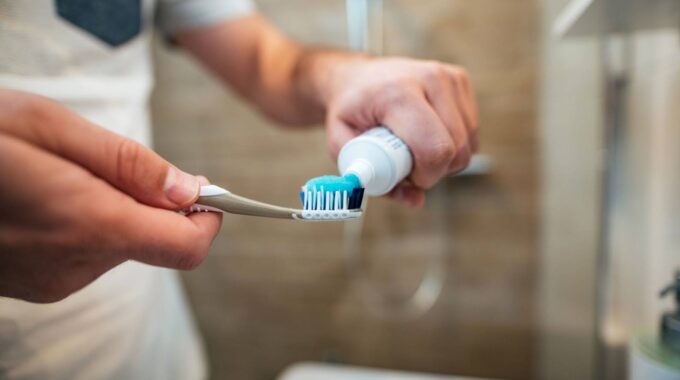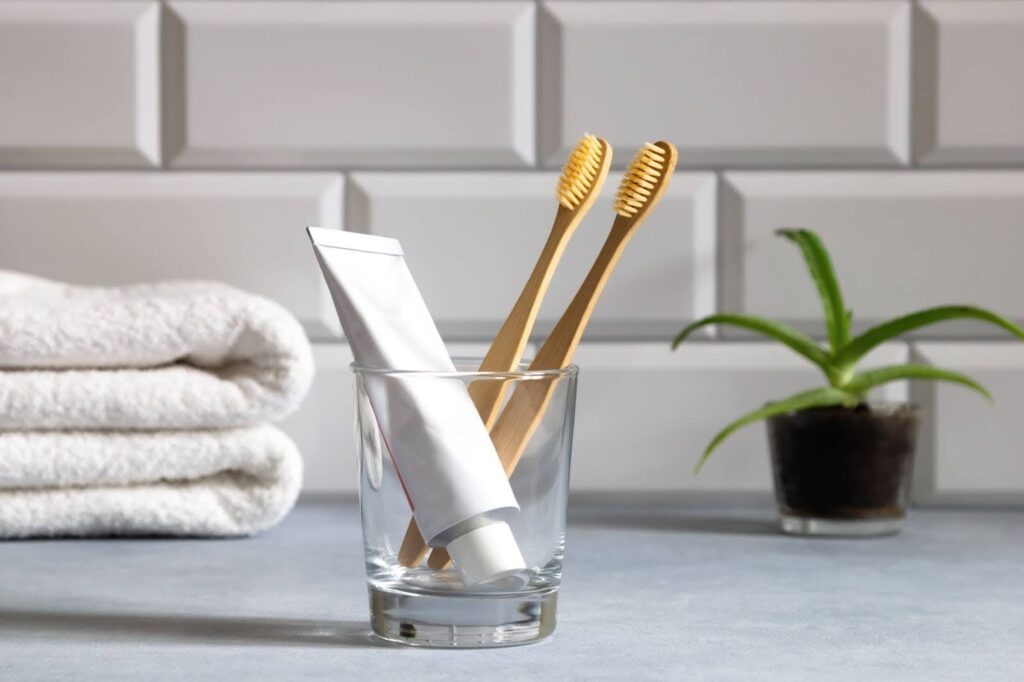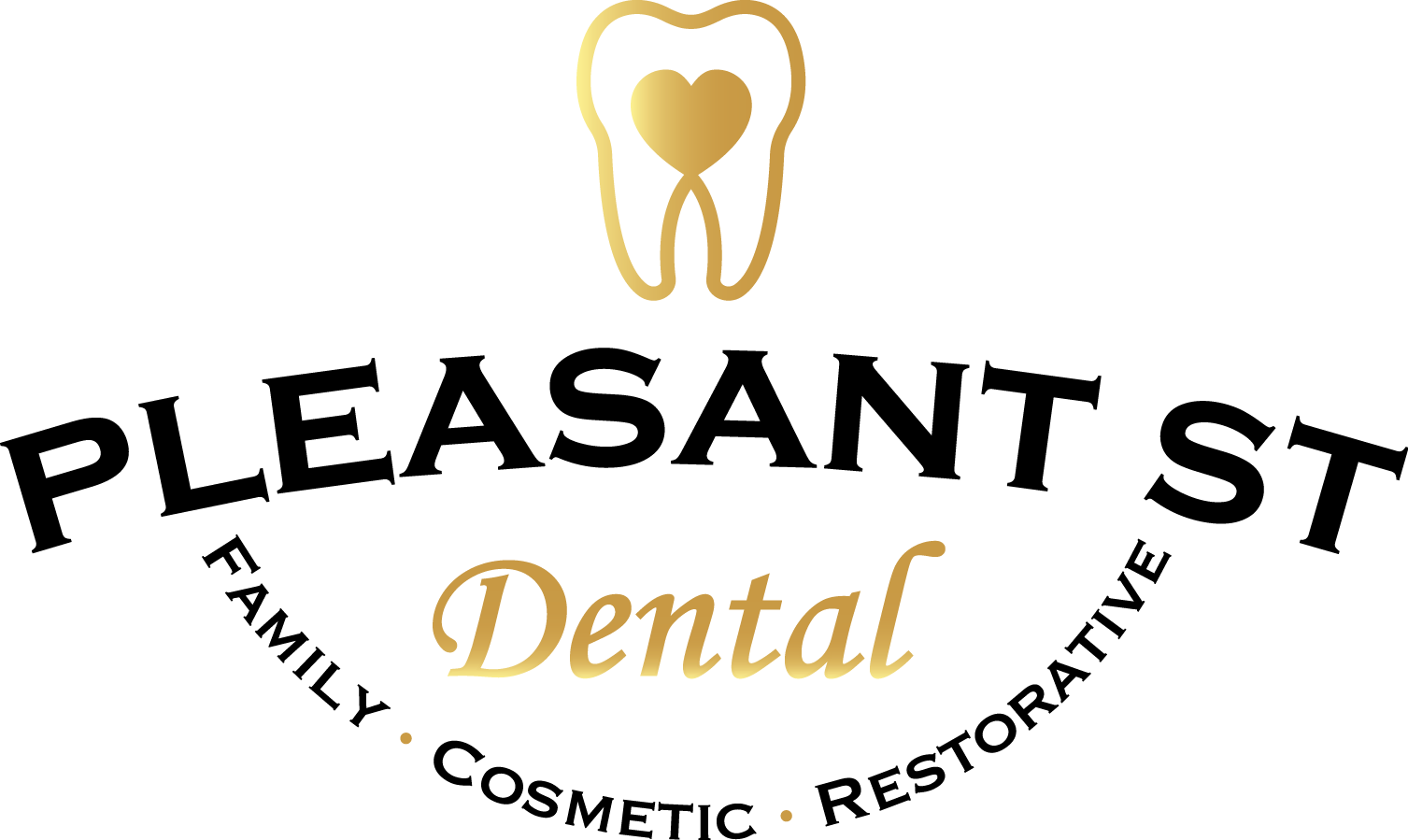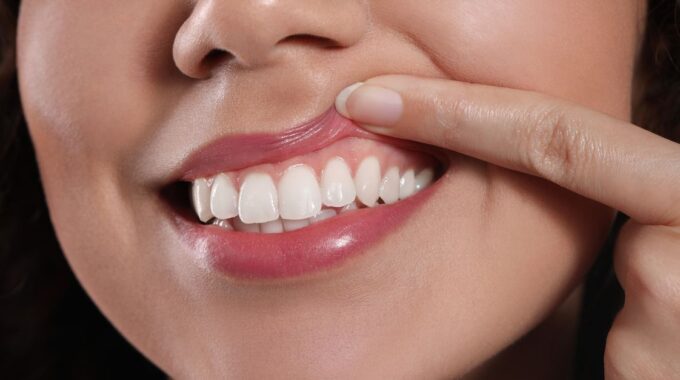Why Your Heart Health Starts in Your Smile The human body is an interconnected structure…

How Often Should You Brush Your Teeth?
You want your smile to look good for as long as possible. This means you need to put in the work to take care of your teeth. So how often should you brush your teeth? In this guide we’ll go into the exact routine for a clean healthy mouth; tooth brushing frequency, and more.
Understanding the Importance of Brushing Frequency
Brushing your teeth is very important. It helps remove bits of food, sticky plaque, and harmful bacteria. These things can cause cavities and gum disease if they build up. Without regular brushing, these problems can get worse over time. Brushing doesn’t only keep your breath fresh and your smile nice. It also protects your teeth and gums. Plus, it can help prevent other health problems linked to bacteria in your mouth.
Recommended Brushing Frequency: What Dentists Suggest
According to the American Dental Association (ADA), the ideal answer to “how often should you brush your teeth” is twice a day. Once in the morning and once before bed has proven to be the most effective routine for keeping teeth clean and minimizing the risk of dental issues. Here’s why it works:
- Morning Brush: Brushing after waking up helps remove the overnight buildup of bacteria and freshens your breath.
- Evening Brush: Brushing before bed removes food particles, plaque, and bacteria accumulated throughout the day, preventing tooth decay during sleep.

Can You Brush Your Teeth Too Often?
While it may seem like brushing more frequently would enhance oral hygiene, brushing your teeth too often can actually cause damage. Brushing more than three times a day can wear down enamel, irritate gums, and lead to issues like tooth sensitivity. It’s best to stick with the twice-daily recommendation unless otherwise directed by a dentist.
Why Timing Matters in Your Brushing Routine
Timing plays a key role in effective tooth brushing. Dentists suggest waiting at least 30 minutes to an hour after eating to brush, especially after acidic foods and drinks like citrus or soda. Brushing too soon can rub acids into your enamel, increasing the risk of damage.
For those who are prone to acid erosion, rinsing your mouth with water after meals and waiting before brushing can offer a protective buffer.
Should You Brush After Every Meal?
While brushing twice daily is generally sufficient, brushing after every meal may be necessary for individuals with specific dental concerns, such as braces or a high susceptibility to cavities. However, if brushing after each meal isn’t possible, consider rinsing with water or using mouthwash to help remove food particles and bacteria.
Proper Brushing Technique: Get the Most Out of Your Routine
Knowing how often should you brush your teeth is essential, but using the right technique is equally important. For best results, follow these steps:
- Use a Soft-Bristled Brush: A soft-bristled toothbrush is gentle on enamel and gums, providing an effective clean without abrasion.
- Brush for Two Minutes: The ADA recommends brushing for at least two minutes, ensuring an all-over clean.
- 45-Degree Angle: Hold the brush at a 45-degree angle to the gums and use gentle, circular motions.
- Don’t Forget the Tongue: Brushing your tongue helps reduce bacteria and freshen breath.
These small adjustments can make a significant difference in your oral hygiene.
Choosing the Right Toothbrush and Toothpaste
Your choice of toothbrush and toothpaste can have an impact on your brushing routine. Here are a few tips:
- Electric vs. Manual Toothbrush: Both can be effective, but electric toothbrushes often provide more consistent cleaning, especially for those with limited mobility.
- Fluoride Toothpaste: Fluoride helps strengthen tooth enamel, making it an essential ingredient in toothpaste for cavity prevention.
Look for ADA Approval: Products approved by the ADA meet specific standards for safety and effectiveness.
Complementing Brushing with Flossing and Mouthwash
Brushing is only one part of a complete oral hygiene routine. To maximize your oral health, consider adding the following:
- Flossing Daily: removes food particles and plaque from between teeth. Flossing reaches areas where a toothbrush can’t reach.
- Using Mouthwash: Mouthwash can reduce bacteria, freshen breath, and protect against plaque buildup.
- Staying Hydrated: Drinking water helps rinse away food particles. Water also neutralizes acids in the mouth.
Including these steps in your routine can further enhance the effectiveness of brushing.
FAQs
Is it okay to brush only once a day? Brushing once a day may leave plaque and bacteria on your teeth for extended periods, increasing the risk of cavities and gum disease. It’s recommended to brush at least twice daily for optimal oral health.
Can I skip brushing my teeth if I use mouthwash? No, mouthwash cannot replace brushing. While it helps kill bacteria and freshen breath, it doesn’t remove plaque or food particles effectively.
What if I can’t brush my teeth after lunch? If you’re unable to brush after lunch, rinsing your mouth with water or chewing sugar-free gum can help remove food particles and reduce bacteria until your next brushing.
Does brushing harder clean better? Brushing harder does not clean better and can lead to enamel erosion and gum damage. Gentle, circular motions are more effective and safer for your teeth and gums.
Is an electric toothbrush better than a manual one? Both can be effective, but electric toothbrushes may offer more consistent brushing, especially for individuals with difficulty maintaining proper technique.How often should I change my toothbrush? Change your toothbrush or toothbrush head every three to four months, or sooner if the bristles are frayed, to ensure effective cleaning.
Conclusion
The question of how often should you brush your teeth may seem simple, but a proper understanding of brushing frequency, technique, and supplementary practices can lead to lifelong oral health benefits. By brushing twice a day, using the correct technique, and incorporating flossing and mouthwash into your routine, you’re on the right path to maintaining a healthy smile. When in doubt, your dentist can provide personalized advice to suit your specific dental needs.



